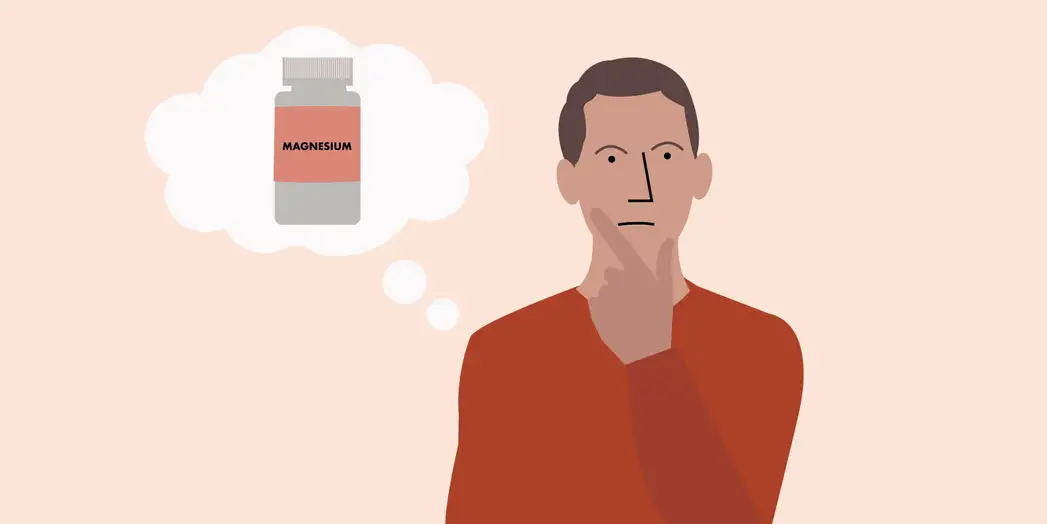- December 5, 2024
Benefits of Magnesium for Sleep

Magnesium is gaining attention as a natural remedy for sleep-related issues, thanks to its role in over 300 biochemical processes in the body. From calming the nervous system to alleviating conditions like insomnia and restless leg syndrome (RLS), magnesium supplementation may improve sleep quality and overall well-being. Here’s a closer look at its benefits and applications:
How Magnesium Benefits Sleep
- Calming the Nervous System
Magnesium activates gamma-aminobutyric acid (GABA) receptors, which regulate brain activity and promote relaxation. By enhancing GABA and melatonin activity, magnesium helps maintain a balanced circadian rhythm and eases stress. - Reducing Insomnia
Magnesium deficiency has been linked to sleep disturbances. Studies show that supplementation may enhance melatonin production, reduce nighttime awakenings, and improve sleep duration, especially in older adults. - Alleviating Anxiety and Depression
Anxiety and depression, common triggers for insomnia, may be eased with magnesium, which has been shown to reduce related symptoms and improve sleep quality. - Soothing Restless Leg Syndrome (RLS)
Magnesium’s muscle-relaxing properties may relieve the discomfort of RLS, which often disrupts sleep.
Types of Magnesium for Sleep
- Magnesium Glycinate: Known for its calming effects, it promotes relaxation and stress reduction.
- Magnesium Oxide: Typically used for magnesium deficiency and may indirectly support sleep.
- Magnesium L-Threonate: May enhance cognitive function and address age-related sleep disturbances.
Dosage and Timing
- Recommended Daily Allowance (RDA):
- Women: 310–320 mg
- Men: 400–420 mg
Taking magnesium about an hour before bed may optimize its relaxing effects. Improvement in sleep quality varies by individual, with some noticing benefits within a week.
Who Can Benefit from Magnesium Supplementation?
- Older Adults: Magnesium absorption decreases with age.
- Individuals with Digestive Disorders: Conditions like Crohn’s disease can impair absorption.
- People with Alcohol Use Disorder or Type 2 Diabetes: Both conditions are linked to magnesium depletion.
- Those Experiencing Anxiety, Depression, or Insomnia: Magnesium can help alleviate these symptoms for improved sleep.
Final Thoughts
Magnesium supplementation offers a promising, natural approach to improving sleep quality. While most people can meet their magnesium needs through diet, individuals with specific health conditions or sleep challenges may benefit from supplementation. Consult a healthcare provider to determine the appropriate type and dosage for your needs.

